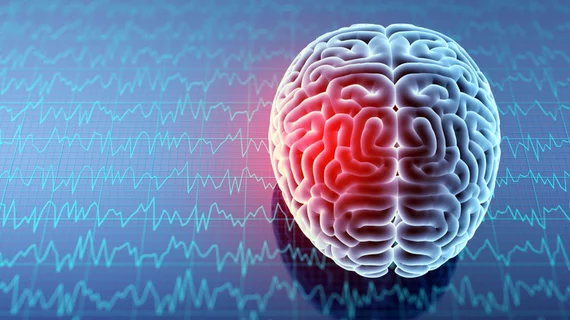Neuroimaging experts win $3M grant to explore mental illness with 4D brain scanning
Georgia State University specialists have received millions in grant money to combine novel imaging techniques with clinical data and gather new insights into mental illness.
The Atlanta-based institution announced its five-year, $3 million grant from the National Institutes of Mental Health on Monday.
With this funding, GSU’s Center for Translational Research in Neuroimaging and Data Science (TReNDS) will combine four-dimensional fMRI with clinical and cognitive data to better understand how mental illness affects the brain.
"We will use this powerful new set of tools to study dynamics within and between schizophrenia, bipolar disorder and autism spectrum disorder," said Vince Calhoun, director of TReNDS and lead researcher on the project. "Preliminary evidence suggests these developed approaches will be more sensitive to the complexities of brain disorders."
Diagnosing these complicated disorders often relies on patients’ symptoms, which can be quite similar. Most analytics models, meanwhile, are relatively simple and only measure brain function over time, the researchers noted.
This new approach will identify complex relationships in the brain across space and time. And the team will apply their models to a vast neuroimaging dataset to re-analyze traditional diagnostic categories.
"We hope this will better define subtypes of mental disorders and inform effective and personalized forms of therapy,” Tulay Adali, a professor at the University of Maryland, Baltimore County, which is collaborating with the Georgia State team on the project, said on Monday.

